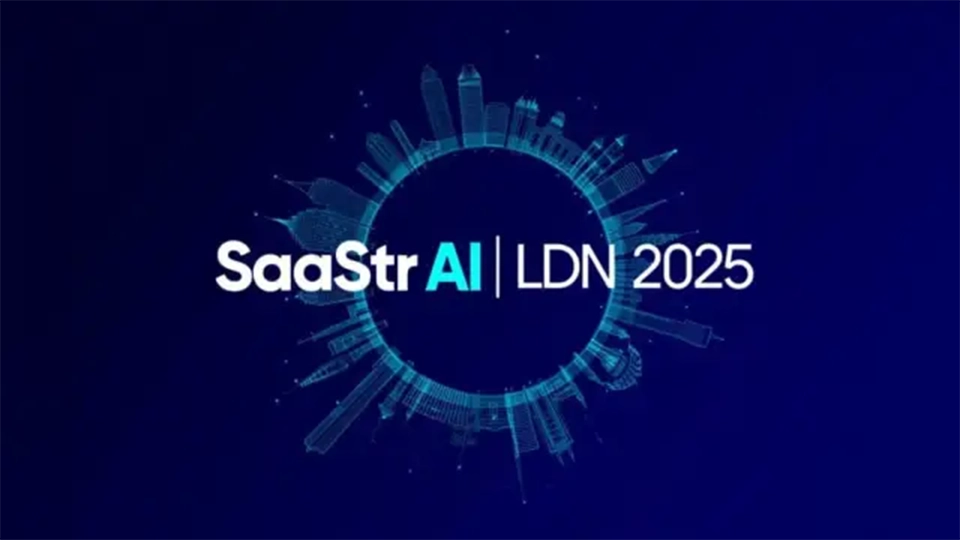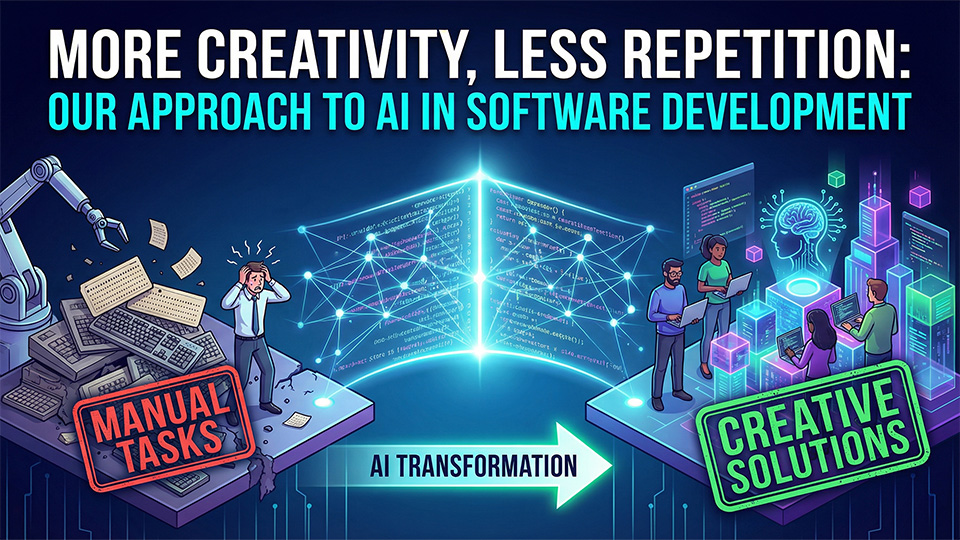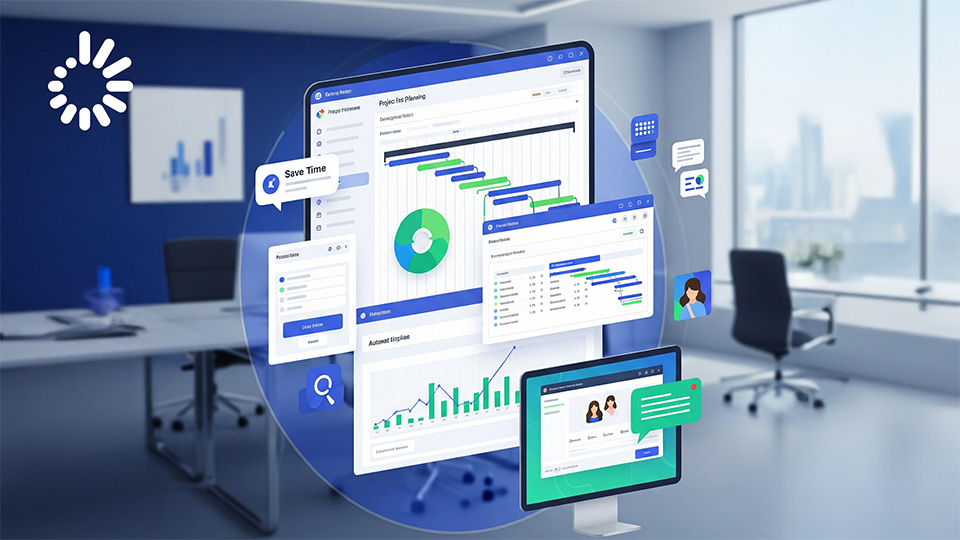September 7, 2022
How AI is boosting Software Development
Introduction
The technology industry has been facing and creating ongoing changes throughout the years, revolutionizing healthcare, education, urban management, and more. Every sector has benefited from these new implications and applications of technology, including software development.
AI (Artificial Intelligence) is one of the latest technologies that has made its way into our daily lives. It is responsible for every algorithm in search engines, music or video streaming platforms, e-commerce websites, and more that personalizes its recommendations to each user and makes us feel cared for.
How AI and ML have changed our lives can be read here. Still, the focus of this article will be on how AI is positively impacting the software development industry and how you, whether you are a development firm or a business outsourcing development, can benefit from this new technology.
Is AI replacing humans?
What is often heard is that AI is getting smarter and will soon replace our jobs or, worse, us. The famous social humanoid robot, Sophia, who owns citizenship from Saudi Arabia since 2017, is a great example. In software development, programmers fear the same. However, even with fanatical assistance to the industry, it is essential to remember that AI is not a replacement for human developers. In fact, it's estimated that more developers will be needed as Artificial Intelligence continues to expand. AI will surely take over the mundane tasks, but humans will still be needed for oversight, machine running, and putting their brilliant minds to better use. This is why we often read on the internet that AI is a "co-pilot" or that it is here to "augment" human and not replace them.
For example, even though computers can now write code, this is not sufficient to replace a human programmer. The ability to consider complex interactions of software components is critical, as well as understanding the full scope of a project (and SDLC, Software Development Life Cycle) by assisting to meetings, and AI is not there yet!
How AI and ML are revolutionizing software development
But with how much AI revolutionized this industry, it can be understood why so many fear it will take over engineer and developers' jobs, especially with the rapid improvement of these technologies. Even now, AI is still in its early phases, and we will be sure to see more exciting advancements. The changes that have been integrated into the software development process are already awe-inspiring.
AI-aided automatic software testing: Codes need to be checked and tested all the time and can sometimes take up a lot of the developers' time that can be placed on creating more code. Now, AI can help by writing test cases that are more likely to uncover bugs and identifying & generating test data for use in functional tests. It's a neat tool that greatly improves the development process.
AI-managed code compiler: This technology can also take a lot of hard work out of code compiling. It does this by analyzing source code and automatically choosing which compiler to use for each file in your project. This also reduces your time looking for bugs, as AI can accomplish that for you.
AI-based programming assistant: There are many various tasks during development that AI assists, such as code completion, error checking, and document lookup, which means programmers can complete the project in less time. Examples of these programs are in the section below.
Automated DevOps: The term DevOps is used to describe the process of automating the software development lifecycle, including source control, build automation, deployment, and monitoring tasks. AI tools automate a lot of the mentioned processes. You can read more about DevOps in this article.
AI-assisted decision making and planning: This is similar to actual decision making, where you follow the paths of your experienced success. AI will learn from the successful case studies, notice patterns and trends in data that would be otherwise difficult to spot, and make the best decision based on its analysis. This technology can also be used in cost estimation and project planning, which further facilitates the process.

Examples of AI in software development
There are many real-world examples of AI that assist firms in working faster and more productively as we generate more practical uses for this technology. AI can be seen in action in coding, software generation, and specific guidance. Here is a list of some famous use cases of AI technology in software development.
AlphaCode & DeepCoder: Writing code in AI
This program was developed by Microsoft and Cambridge University and shifts through a large database of codes and produced its own. It is currently limited to writing five lines of code per program.
AlphaCode, on the other hand, ranks among the top 54% of participants in coding competitions, which is impressive as it requires a lot of problem-solving creativity. It is only as good as the data fed to it, which is something humans can easily do, given their familiarity with the topic.
Diffblue: Unit test automation
Diffblue uses unsupervised learning to perform unit tests. This program is developed by the Oxford Computer Science department, which uses AI to do unit tests for code. These tests are completed in seconds, require minimal human effort, and are an upgrade to developers because unit testing is an essential part of the process. The difference between these types of learning can be read here.
Microsoft's Visual Studio IntelliCode, Github's Copilot: AI-assisted development
This program uses AI to increase productivity by making recommendations based on previous entries. Think of it like autocomplete for your documents or the word suggestions on your phone. Microsoft states that these recommendations are learned from thousands of projects on GitHub with over 100 stars.
Github's Copilot is built for the same goal. It has been trained on a million lines of code and can be downloaded as an extension of Visual Studio Code.
H2O: For predictions
H20 is an elegant and simple framework with autoML functionality. It runs algorithms and hyperparameters to produce the best model. It supports statistical and machine learning algorithms to create accurate predictions.
Google ML Kit: Mobile Apps optimization
This tool comes with commonly used APIs for face recognition, text recognition, barcode scans, object tracking, translations, and much more. A must-have of a package if you want to develop a complex mobile app for iOS or Android.

Current obstacles and future outlook
Despite the progress we've made in improving AI and making use of it in most industries, it isn't perfect. Let's look at the limitations of AI and where it is heading in the future.
Training data unavailability: Many machine learning algorithms need example data to train and perfect their understanding of certain subjects. In software engineering, AI needs to be fed lines of codes that make sense so that they can learn from what the human programmers have successfully achieved and replicate that in specific situations. However, not a lot of data can be accessed. It seems natural to go to open-source repositories such as those available on Github, but a lot of these repositories come with a license which creates derivative problems.
Resource requirements: AI algorithms can only get better by getting more learning resources. The demand for resources has different implications for the learning and exploitation phases. Resource limitations impose extra costs, which can be detrimental to the research, hence why a lot of potential AI breakthroughs don't ever happen.
The interface between AI and the user: When working on a remote server instead of a client's machine, usability can become an issue. Developers will be impatient if AI creates delay, especially for something small. Even if it has sufficient speed, AI needs to find a way to seamlessly blend into the programmer's workflow and not be a distraction.
The future of AI in software development is looking bright. There will surely be more code and data as time goes by to feed the programs which improve their functionality. However, with data explosions comes security concerns that need to be prevented. Looking forward, we will see many more upgrades to the technology and new implications in every industry. Exciting, isn't it?
Final words
By looking at the full picture of AI in software development, it can easily be seen how much technology revolutionized software development. Dirox uses this technology to boost speed and productivity when building software projects. If you want to develop your business project creatively and stay ahead of the competition, contact our expert consultants and have your project delivered on time, on budget, and on quality!






























.svg)













